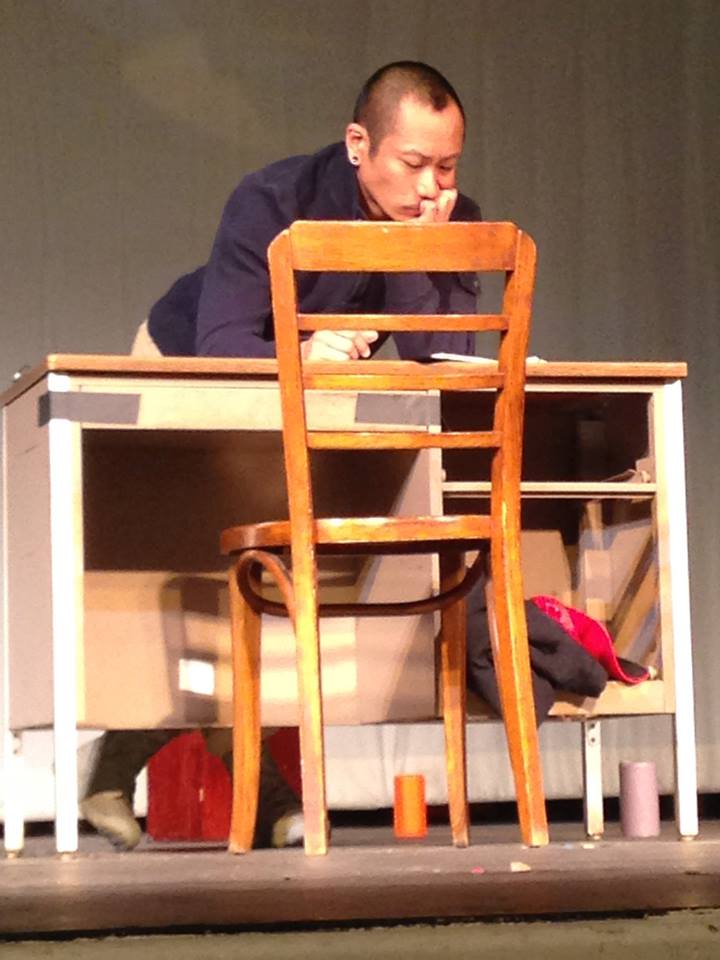
America’s history of purple mountains majesty, manifest destiny, and revolutionary conquer was only made possible through that of the oppression and exploitation of many marginalized groups of people. Some of these people—leaders, freedom fighters, truth seekers—we now recognize through appointed days on a calendar or a measly monument or two, and some we still forget and disregard as a nation, continuing to pull the veil of misleading righteousness over our country’s history.
The lesser-known story of Gordon Hirabayashi, who ought to be publicly regarded as one of America’s outlying forces of justice, is told fearlessly by Makoto Hirano in Jeanne Sakata’s HOLD THESE TRUTHS. Directed by Daniel Student, this one-man whirlwind that turns a life-long equality quest into a 90-minute journey takes audiences to one of the ugliest corners of the United State’s past, while still remaining sensitively humorous.
As one of the only resistors to not accept the government-appointed fate of turning into a Japanese Internment camp with his family during World War II, Hirabayashi’s message of, “Ancestry is not a crime,” is one that still has not possibly been heard loud enough.
As a college student, pacifist Quaker, and (even more relatable) first-born son in his family, Hirabayashi’s decision to resist his time in internment camp and go to jail was not an easy one from any angle. As Hirano so caringly demonstrates, the great American West Coast was Hirabayashi’s beloved and only home. Despite being a first-generation Japanese American struggling with the racist “signs I saw growing up,” Hirabayashi grew into a proud American. At the time of his incarceration, Hirabayashi honestly believed that natural law and the United States Constitution would grant him and his comrades “the blessings of liberty” we all very much deserve.
After years of resistance and what can be called time and time again as a case of America versus America, Hirabayashi’s prideful American spirit slowly wore down, but his will to make wrongs right never did. As Hirano depicts of Hirabayashi’s family and friends of all diverse backgrounds, including the Hopi Native Americans he met while serving one of his prison terms, “Our faces are the faces of the enemy.”
Eventually facing the Supreme Court himself and losing his battle for “democratic standards” for all and not just some, Hirabayashi concluded that, “the Constitution wasn’t written for the likes of us.”
What is so impeccably told through Hirano in HOLD THESE TRUTHS is the too-often forgotten one; that is, as Hirabayashi and too many others like him lost, “we lost.” [Third Floor Skinner Studio at Plays & Players Theatre, 1714 Delancey Place] February 13-March 1, 2015; playsandplayers.org.
